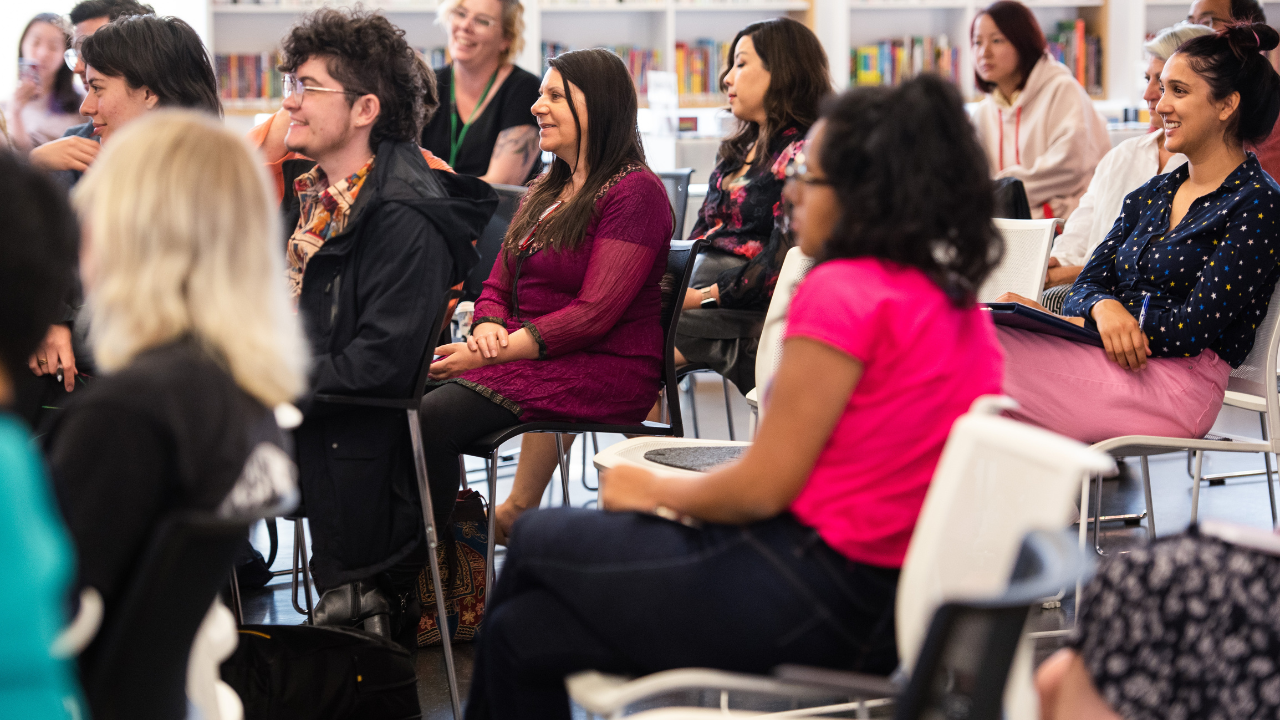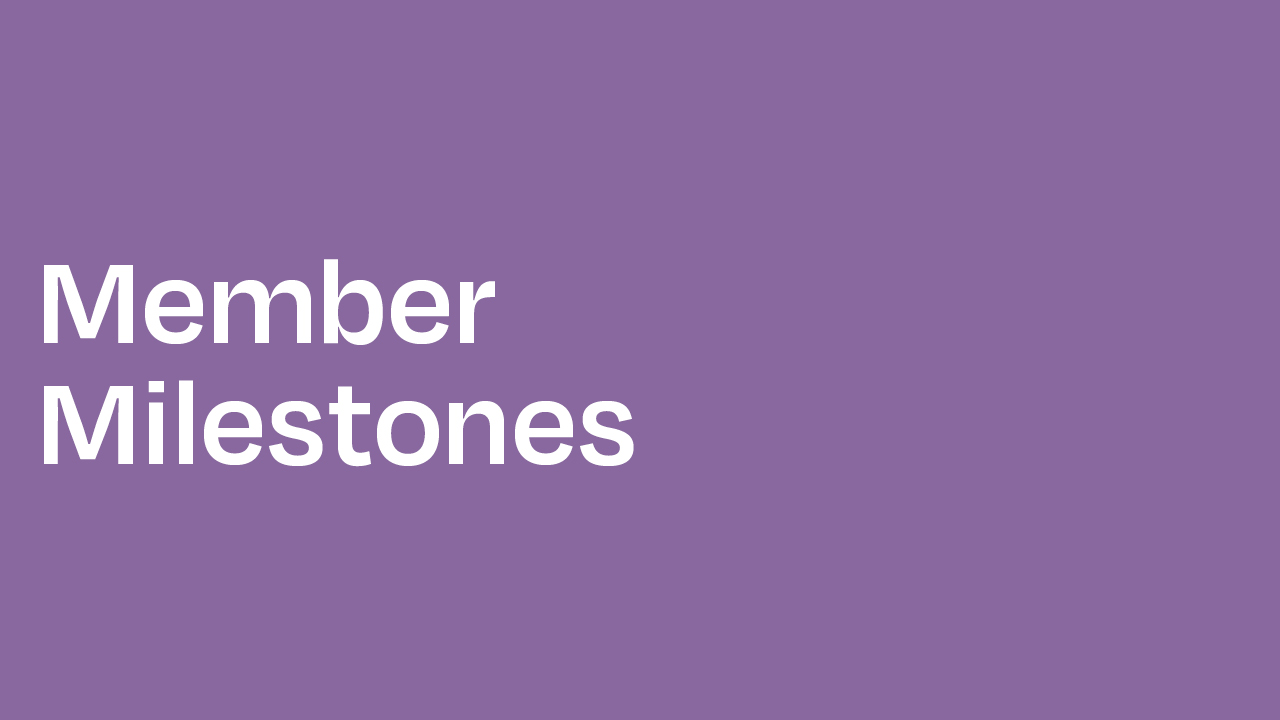If you are not fortunate enough to have an editor then a little distance between the completion of a first draft and an edit can be useful. Time to forget what you were actually writing about can help the writer to approach the story as a reader might.
Can you answer these questions?
- What is this story about?
- Whose story is it?
If the answers are not clear then perhaps the story is less complete that you thought.
Have I started in the right place?
Is the motivation clear?
Have I ended in the right place?
Quite often I need to start later and end earlier!
Then there are the parts when I’ve got a little drunk on my own verbosity.
Are there too many adjectives/description that slows or pause the story?
Are the metaphors true to what I’m trying to say?
Can I do the same job with fewer words? We don’t need to know if a character ‘put his hat on his head.’ Just tell us he put his hat on and the reader will assume it’s on his head.
We answer all these questions and then it dawns on us that we have written the perfect short story.
It’s taught, complex, direct, skilfully written in sparse, honest prose. It is a beautiful beast indeed…
What next? Find out by coming to the Complete Short Story Workshop.







